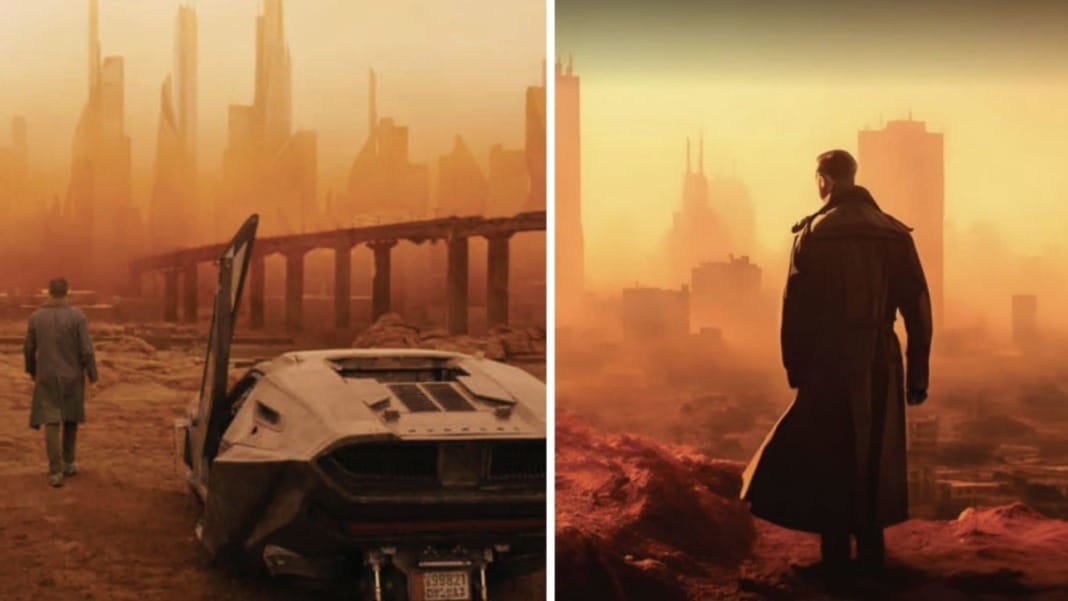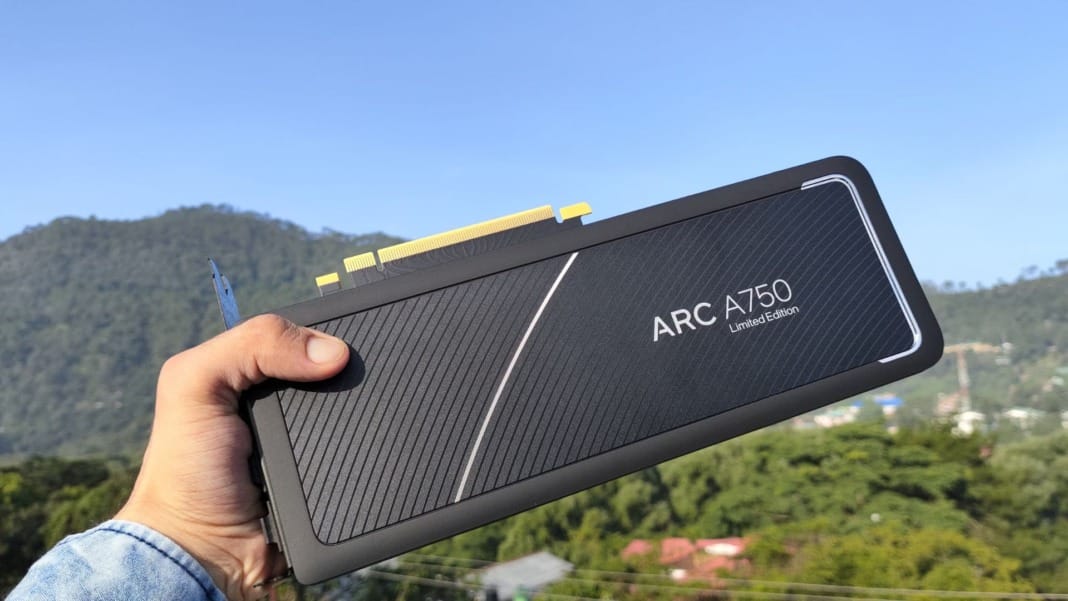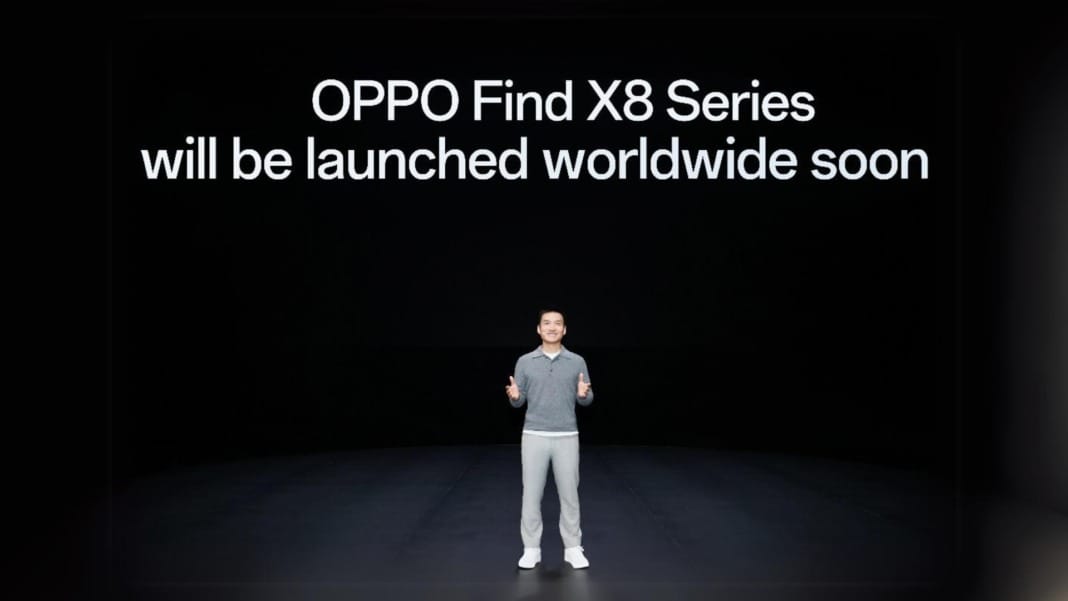Tesla and its CEO, Elon Musk, have landed in hot water after an AI-generated image used during the company’s recent “We, Robot” event allegedly infringed copyright. The lawsuit, filed by Alcon Entertainment, the production company behind Blade Runner 2049, accuses Tesla of using an image based on stills from the sci-fi movie without permission.
AI image sparks copyright dispute
On October 10, Tesla held a high-profile event at Warner Bros. Discovery (WBD) Studios in Hollywood to introduce its new vehicles, the Cybercab and Robovan, while showing off the latest version of the Optimus humanoid robot. The flashy presentation, hosted by Musk, included visuals that have now become the centre of a legal battle.
According to the lawsuit, Tesla and WBD requested permission to use a still image from Blade Runner 2049 just hours before the event. Alcon, which owns the rights to the film, quickly denied the request. The company cited several reasons for the refusal, explaining that they did not want their film associated with Musk or Tesla. They pointed to Musk’s often controversial behaviour and remarks, sometimes leading to negative public perception.
Alcon explained their position in the legal filing: “Any prudent brand considering a partnership with Tesla must consider Musk’s highly politicised and erratic behaviour, which can sometimes lead to hate speech.” The production company emphasised that they had no desire to see Blade Runner 2049 connected to Musk or his businesses.
Tesla’s alleged use of AI
After being denied permission to use the image, Tesla allegedly turned to generative AI. The lawsuit claims that Tesla used the AI to create an image resembling the one from Blade Runner 2049, which appeared on screen for about 10 seconds during the event’s live stream. During the presentation, Musk even directly referenced the Blade Runner franchise, expressing a preference for a “fun, exciting” future over the darker, dystopian futures in many science fiction films.
Alcon further pointed out that it wasn’t surprising that Musk referenced Blade Runner 2049 during the event. The film features futuristic technology, including a “strikingly designed, artificially intelligent, fully autonomous car,” which aligns with Tesla’s futuristic goals for its vehicle lineup.
Awaiting response and legal outcome
Currently, neither Tesla nor Elon Musk has publicly responded to the lawsuit. It needs to be clarified what specific damages Alcon Entertainment seeks in the case, and the legal proceedings may take some time to unfold. The lawsuit adds to the growing list of legal challenges Musk and his companies are facing, which often relate to the CEO’s bold and controversial moves in the public eye.
Whether or not the AI-generated image constitutes a copyright violation remains to be seen. Still, this case highlights the increasing complexity of intellectual property issues in the age of generative AI. The tech and entertainment industries will likely watch closely as the case develops.





